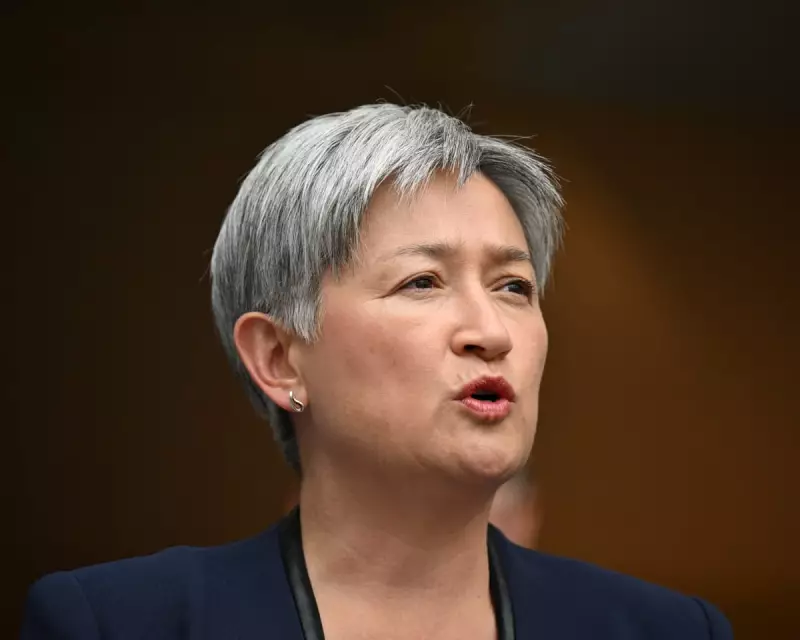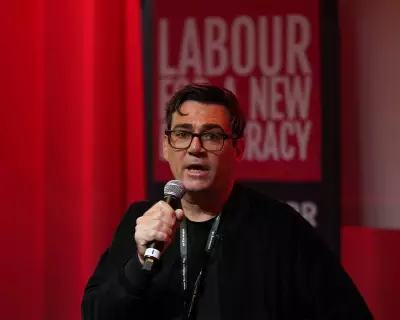
A tense and dramatic Question Time in the Australian Parliament has laid bare significant concerns over the nation's security apparatus, following the revelation of a foiled terrorist plot linked to far-right 'sovereign citizen' extremists.
The session turned fiery as the Coalition's deputy leader, Sussan Ley, launched a fierce interrogation of Defence Minister Richard Marles. The central line of questioning focused on whether critical intelligence, potentially vital to preventing the alleged plot, was mishandled or overlooked within the framework of the AUKUS security agreement.
Allegations of an Intelligence Breakdown
The Opposition's attack zeroed in on the government's preparedness and competence. Ley demanded answers from Minister Marles, questioning if the multi-billion dollar AUKUS pact had suffered a major intelligence failure that left Australian citizens vulnerable.
'This is about whether our intelligence agencies are properly resourced and whether the government is acting on the information they provide,' a source close to the Opposition commented, highlighting the high-stakes nature of the allegations.
The 'Sovereign Citizen' Threat
The plot, allegedly orchestrated by individuals adhering to the anti-government 'sovereign citizen' ideology, represents a growing and complex domestic security challenge. This incident has thrust the often-overlooked threat of ideologically motivated violent extremism into the national spotlight, prompting urgent discussions about monitoring and counter-radicalisation strategies.
Further complicating the geopolitical landscape, reports also emerged of a separate, potential terrorist threat emanating from Iran, adding another layer of complexity to the government's security briefing and parliamentary discourse.
A Government on the Defensive
The Labor government, led by Prime Minister Anthony Albanese, found itself firmly on the defensive. Minister Marles was forced to rebut the claims vigorously, defending the integrity of Australia's intelligence partnerships and the government's proactive security measures.
This parliamentary showdown underscores a deepening political battle over national security—a traditional stronghold for conservative parties in Australia. The government's response and its ability to manage the political fallout in the coming days will be closely watched by security experts and the public alike.





